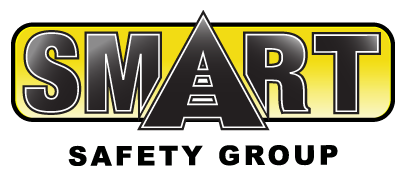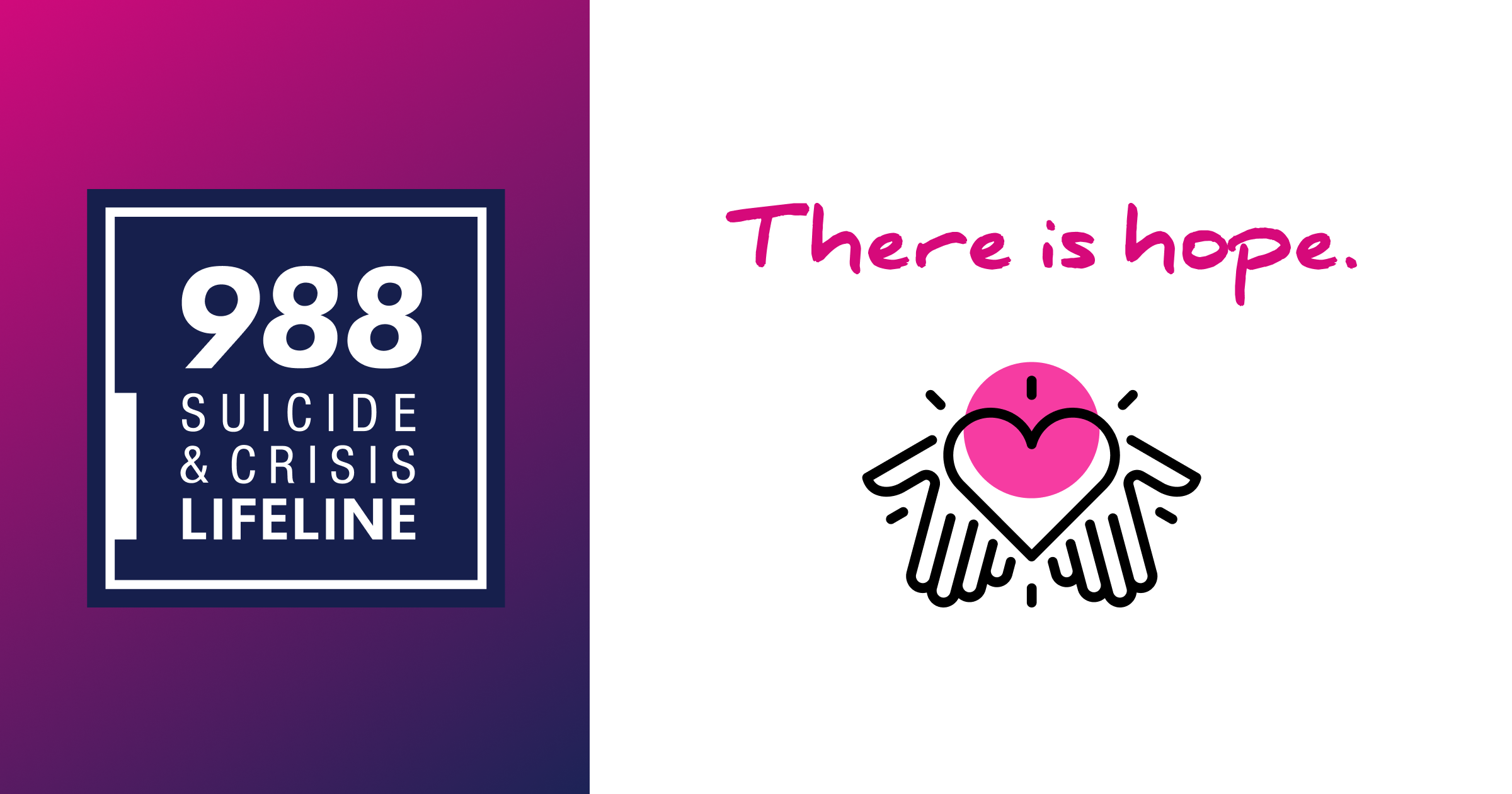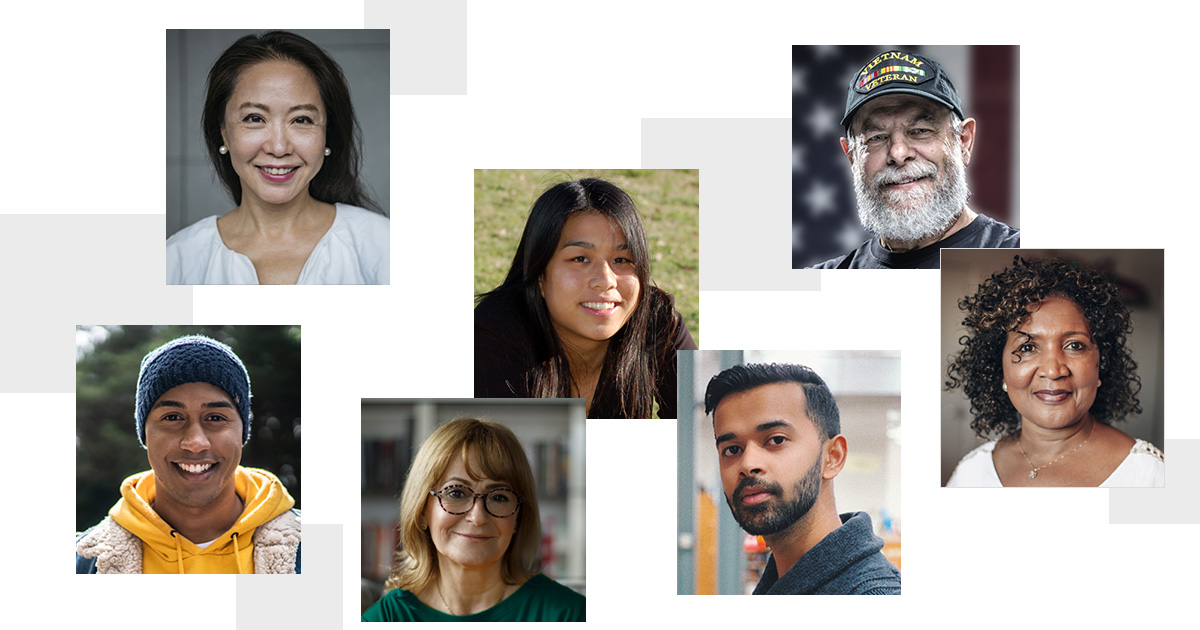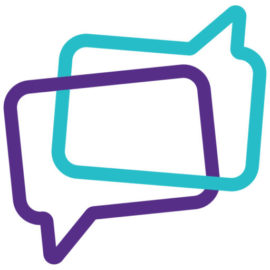Do you know who or where to turn if you or a coworker need support?
The construction industry has the second highest rate of suicide in the United States at 53.3 per 100,000 workers, according to the Centers for Disease Control and Prevention (CDC). The mining industry—one of the markets Ames serves—has the highest rate: 54.2 per 100,000 workers.
In contrast, the average suicide rate in the United States is about 13 individuals per 100,000 people. While much lower than our industries, this is still about 123 suicides per day, or one death every 12 minutes (SafeBuild Alliance).
Here are some other facts:
- 9 of every 10 construction workers are men. Men die from suicide 3.5 times more than women.
- 1.5 of every 10 construction workers are veterans. Veterans are 50 percent more likely to die from suicide than the general population.
- Ames coworkers are 5 times more likely to lose a coworker to suicide than to a work-related illness or injury.
💛 Why is this happening?
Several aspects of the construction and mining cultures contribute to these statistics.
- Expectations to be tough. Some people may hesitate to ask for help because they don’t want to seem weak.
- Separation from family and support mechanisms. We are often on the road and away from the people who would help us with issues we may hide from coworkers. This prevents us from effectively dealing with the everyday things that cause stress. People may become dependent on things that numb or dull the pain they are feeling.
- Addiction. Construction is a physically hard industry. Over time, it can cause acute and chronic pain. This leads to the use of opiates, alcohol, and other types of self-medication that results in high levels of addiction in both construction and mining. The long hours and high stress environments we work in and the instability of construction careers also contribute.
- Peer pressure. People in the industry are far less likely to avoid battling these issues when they spend their time with others who share the same issues.
💛 What can we do?
- Understand our environment. People in our industry suffer from high stress, long hours, and instability.
- Understand the issues. Addiction, lack of a support, and peer pressure contribute to the high rate of suicide in our industry.
- Understand the resources. Get to know Lyra, visit the website, and download the app. Call them whether you need to or not. You can be a much better resource for your coworkers if you are familiar with the tool you are referring them to.
The most important role of a construction professional is to destigmatize mental health and serve as the bridge that connects workers needing support with qualified medical professionals.
💛 Lyra: How to spot the signs of suicide risk
Lyra provides comprehensive care for all Ames employees and their dependents. Care for individuals including children and teens, coaching for parents, couples counseling, self-guided care activities, and on-demand resources are all available through Lyra.
Warning signs can be subtle and vary from person to person. Actively listen if a person talks about:
- Taking their life
- Being a burden to others.
Other behaviors to watch for:
- Extreme mood swings.
- Withdrawal from activities or friends.
- Increased use of drugs and/or alcohol.
- Giving away important items.
If you think someone is at risk of suicide:
- In a private setting express concern and calmly ask if they are thinking about suicide. BE DIRECT!
- Let them know you care, and encourage them to seek help.
- Connect them to the 988 Suicide & Crisis Lifeline.
💛 Who to call in a crisis
You are not alone.
Resources are available to help you or a coworker who may be struggling.
Suicide prevention
988 Suicide & Crisis Lifeline
988 (1-800-273-TALK is also active)
Sexual assault or abuse
National Sexual Assault Hotline
1-800-656-4673
Abuse or neglect of children
Childhelp National Child Abuse Hotline
1-800-422-4453
Abuse or neglect of vulnerable adults
National Center on Elder Abuse (NCEA)
1-800-677-1116
Domestic violence
National Domestic Violence Hotline
1-800-799 SAFE (7233)
Support for complex caregiving challenges
Caregiver Action Network
855-227-3640
Poisoning
National Poison Control
1-800-222-1222
Substance abuse
Alcoholics Anonymous: 1-800-839-1686
Cocaine Anonymous: 1-800-347-8998
National Drug Hotline: 1-844-289-0879
💛 Additional resources









